What Happens If You Don't Clean Your Pool?
Hopefully, having a clear, crisp blue pool -- in other words having a clean pool -- is the norm. But do you know why you clean your pool?
Most pool cleaning and maintenance is preventative in nature. But what would happen if you didn't do it? Let's take a look at the essential reasons behind pool maintenance and what can happen if you fail to do it regularly.
Clogs, Blockages, and Expensive Repairs
One of the top reasons to clean your pool is to save money. Pool cleaning services are well worth the cost, especially compared to expensive pool repairs. In a neglected pool, debris may build up and clog the pool's drain or filter. A mucked up drain that is left untended and unfixed may ultimately weaken and damage the pools' motors. This avoidable issue can be a costly fix. Pool care professionals and pool cleaning services wipe down walls, clean the pump, empty and clean skimmer baskets, and skim your pool. All of these cleaning practices prevent buildup and residue, not only giving your pool a fresh look but also keeping it in top working order.
Your Pool Will Turn Green
Pools take on a swampy, green appearance if you neglect them because of the buildup of algae. Algae are microscopic creatures that thrive in the right conditions, typically bright light and hot weather. High sunlight, muggy temperatures, low levels of chlorine, or the buildup of phosphates, carbon dioxide, or nitrates can result in a green pool.
Fixing a green pool means fixing the water's chemical imbalance. Professional pool cleaning services can do this for you in no time. From there, make sure to keep up on pool maintenance and cleaning to prevent this issue from happening again. Your filter should always be in working order to prevent a stagnant pool, which creates the optimal conditions for algae and organisms to grow. If a green pool is a persistent problem, your chemicals and sanitation system might be responsible. While ozone sanitation may cut chlorine use by as much as 90%, these systems still use chlorine and may take days or weeks to be effective. If these systems continually fail you, it might be time to get an upgrade or invest in pool cleaning services more often.
Buildup Causes Slips and Falls
Irregular maintenance may result in a thick, oily film on pool walls and surfaces. Even the most experienced swimmers might slip and fall on a slick ladder or slippery steps. It's important to keep chemicals balanced and films and residue at bay to ensure your pool and its occupants safe.
A Dirty Pool Can Make You Sick
Without proper maintenance and care, a dirty pool can cause recreational water illnesses (RWIs). These illnesses include diarrhea, ear infections, respiratory infections, rashes, and/or inflamed eyes and lungs. That may sound alarming, but a well-maintained pool leaves nothing to fear. According to the Mayo Clinic's infectious disease consultant Dan DeSimone, "As long as the pH and chlorine levels in the pool are being maintained, the disinfectants will kill off most germs that could make you ill." Nearly all germs are eradicated in an hour or less with the right amount of chlorine in the pool.
How do uncommon RWIs happen? An unclean pool harbors excess bacteria. When you dive underwater, that bacteria may build up in your ear, causing an ear infection, otherwise known as swimmer's ear. You also have a chance of catching the bacterial strain Pseudomonas aeruginosa. This bacterium is well-known for occurring in unclean hot tubs, but it is possible to see these bacteria in your pool. This particular bacterium buildup leads to itchy red bumps, informally known as hot tub rash. If you notice signs of these infections, visit your doctor and swim only after your pool has been treated.
Steps to Avoid a Dirty, Unsafe, and Expensive Pool
Now that you know that pool maintenance is absolutely necessary, what can you do to keep your pool safe?
The simplest solution is establishing a close relationship with a pool service company that offers regular pool cleaning services. Here are some services you should perform to keep your pool clean:
- Inspect your pool thoroughly. This includes looking for bacteria buildup, unsafe surfaces, and issues with your sanitation system. Pool inspectors look for surrounding hazards, like slippery walkways or gates, that do not latch properly. Inside the pool, they look for cracks that threaten the integrity and functionality of the pool, or, in above ground pools, rips or tears in vinyl pool liners.
- Invest in pool test strips. Pools' pH should be around 7.2 to 7.8. At-home pool test strips are perfect for everyday use. To make sure water stays at optimal levels without worry, work with a pool cleaning service you can trust. Remember, properly chlorinated water kills E. coli bacteria in less than 60 seconds!
- Keep any pool chemicals safely stowed away when you're not using them.
- Remember deep end pool drains should be clean, visible, and free from obstruction.
- Pay particular care to drain covers. Make sure these covers are tightly fastened, clean, and well-maintained. A loose or missing drain cover is a safety hazard for pool occupants and may ultimately lead to clogged drains and expensive repairs.
Pool maintenance and cleaning is not optional. Keep pools safe, clean, and in good working order with a trusted pool cleaning service. Contact SwimHappy Pools today.

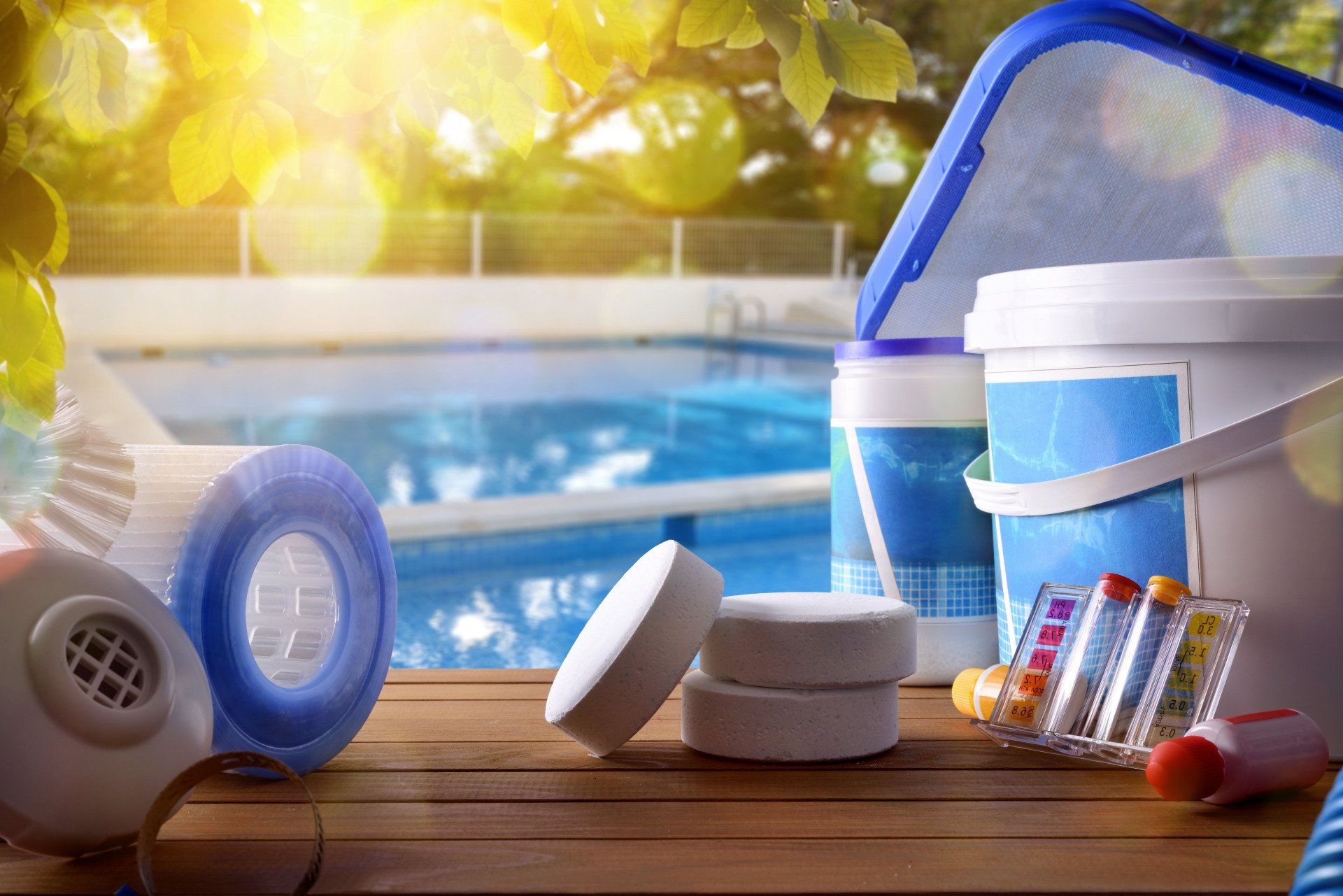
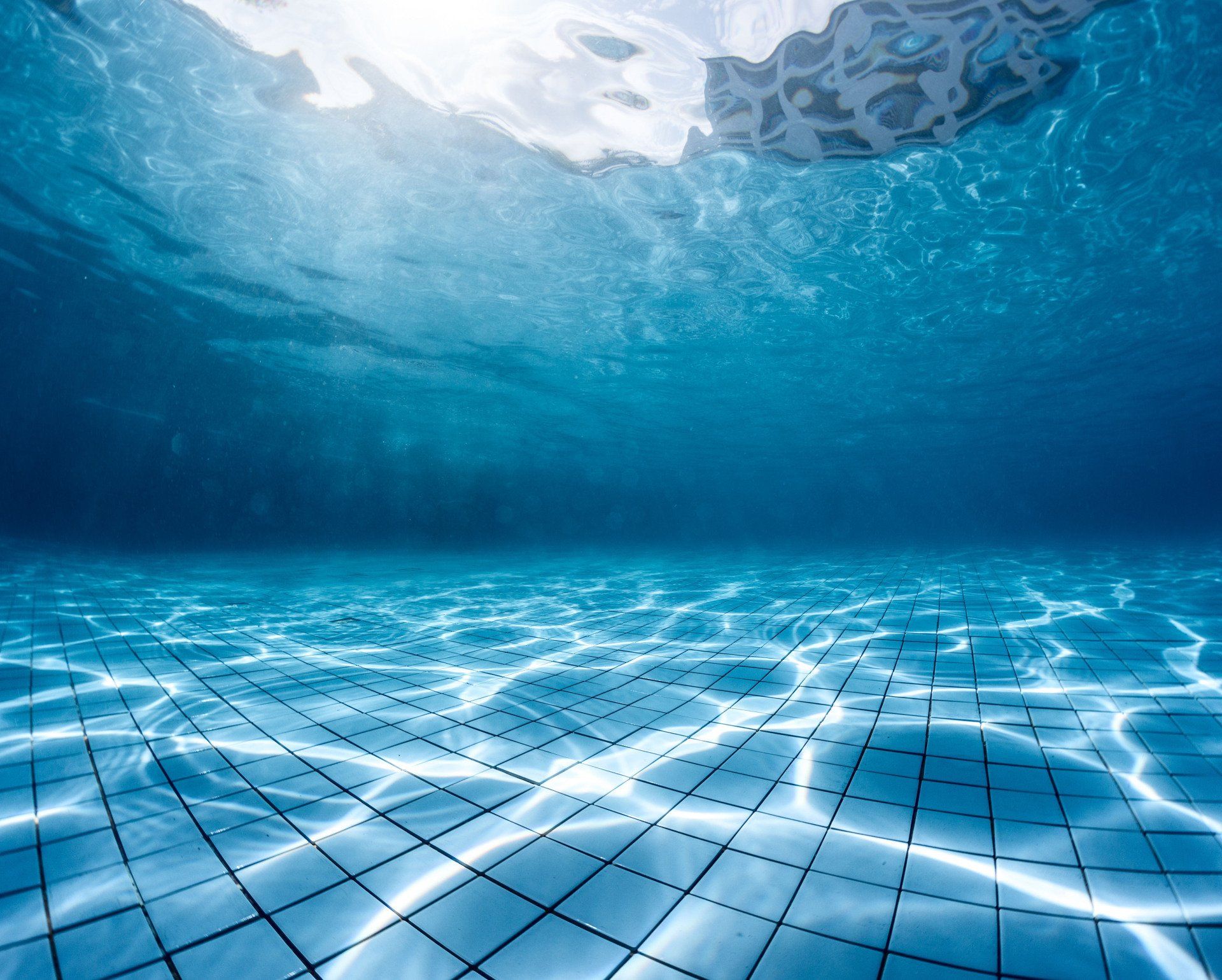
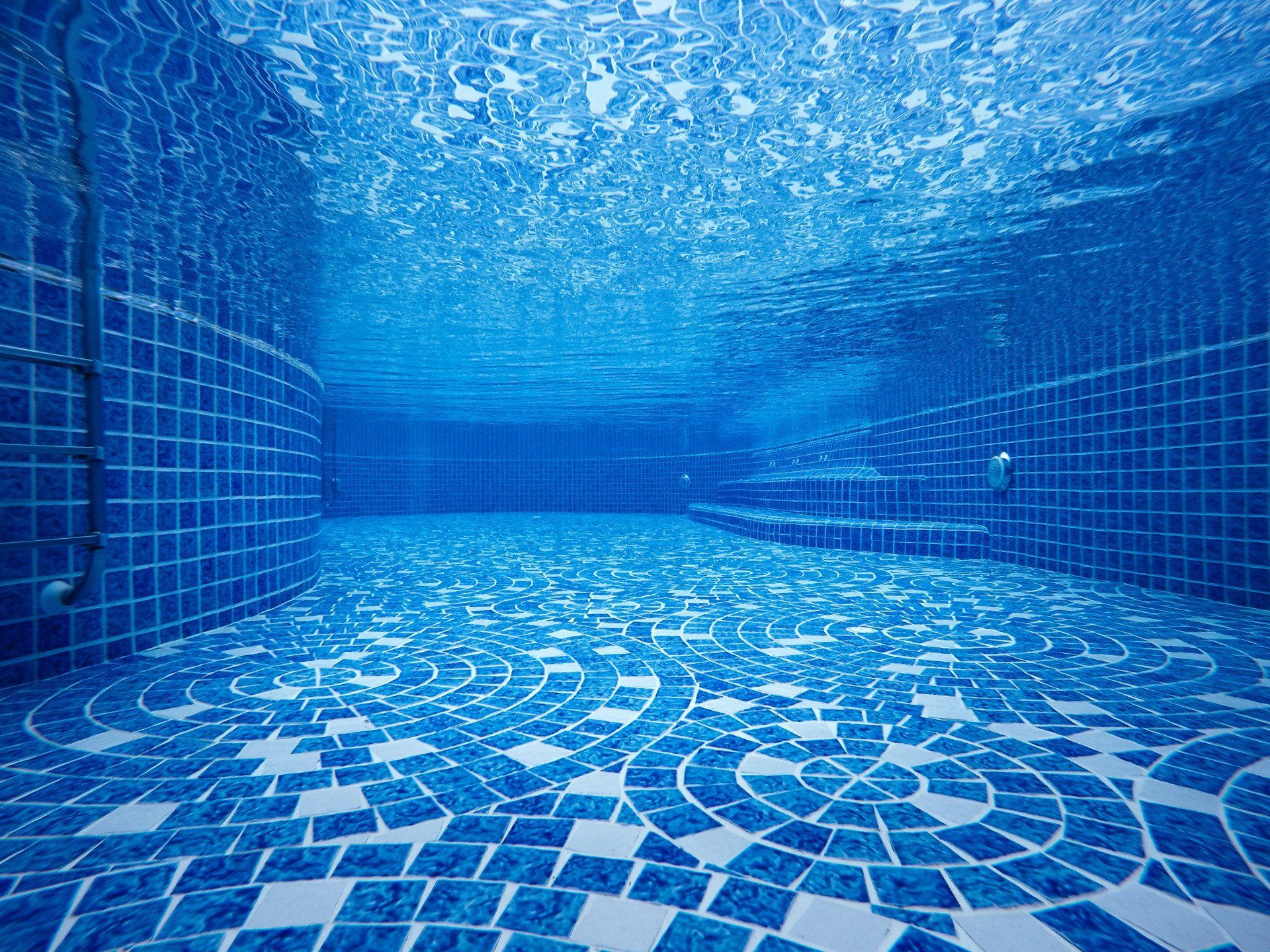
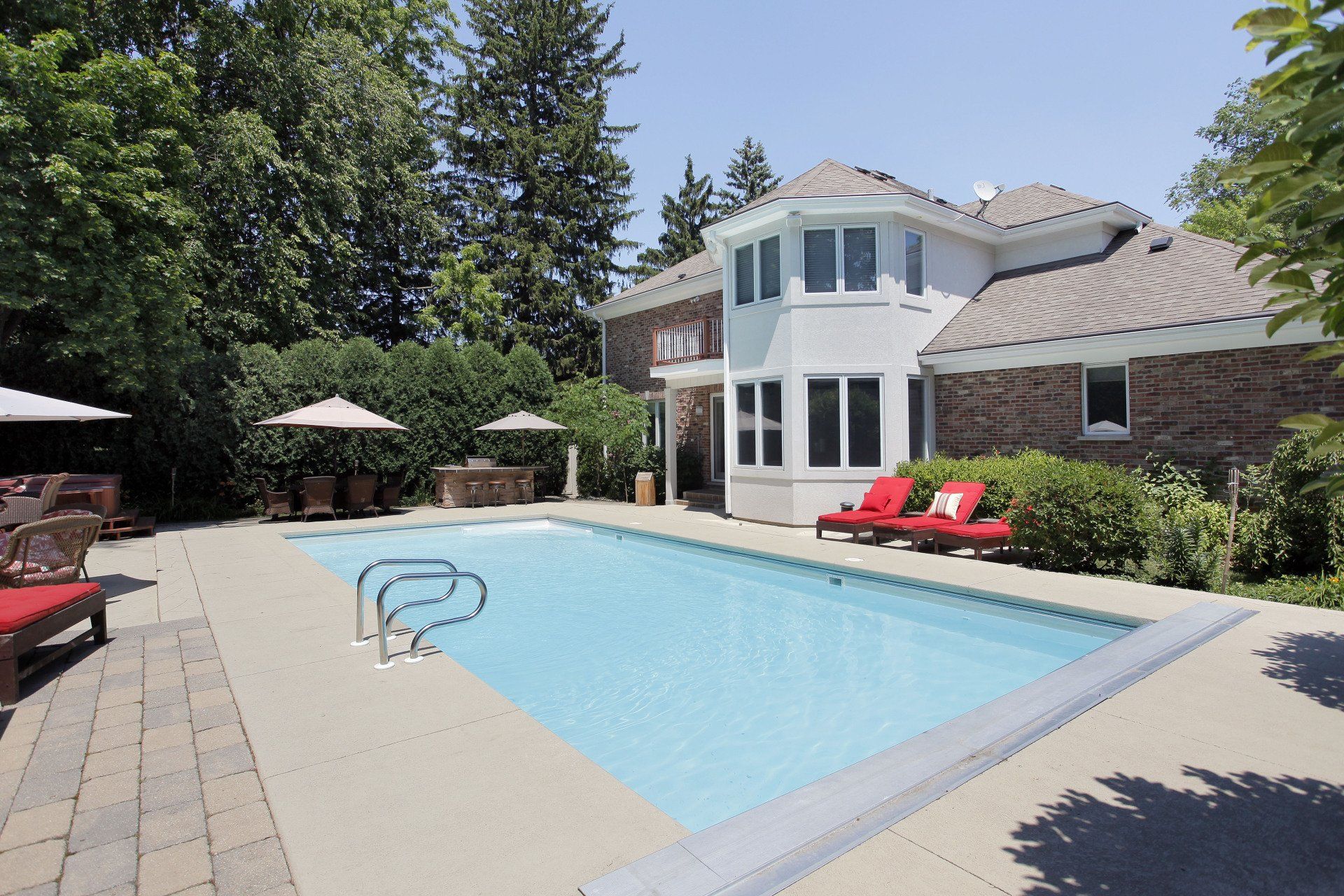
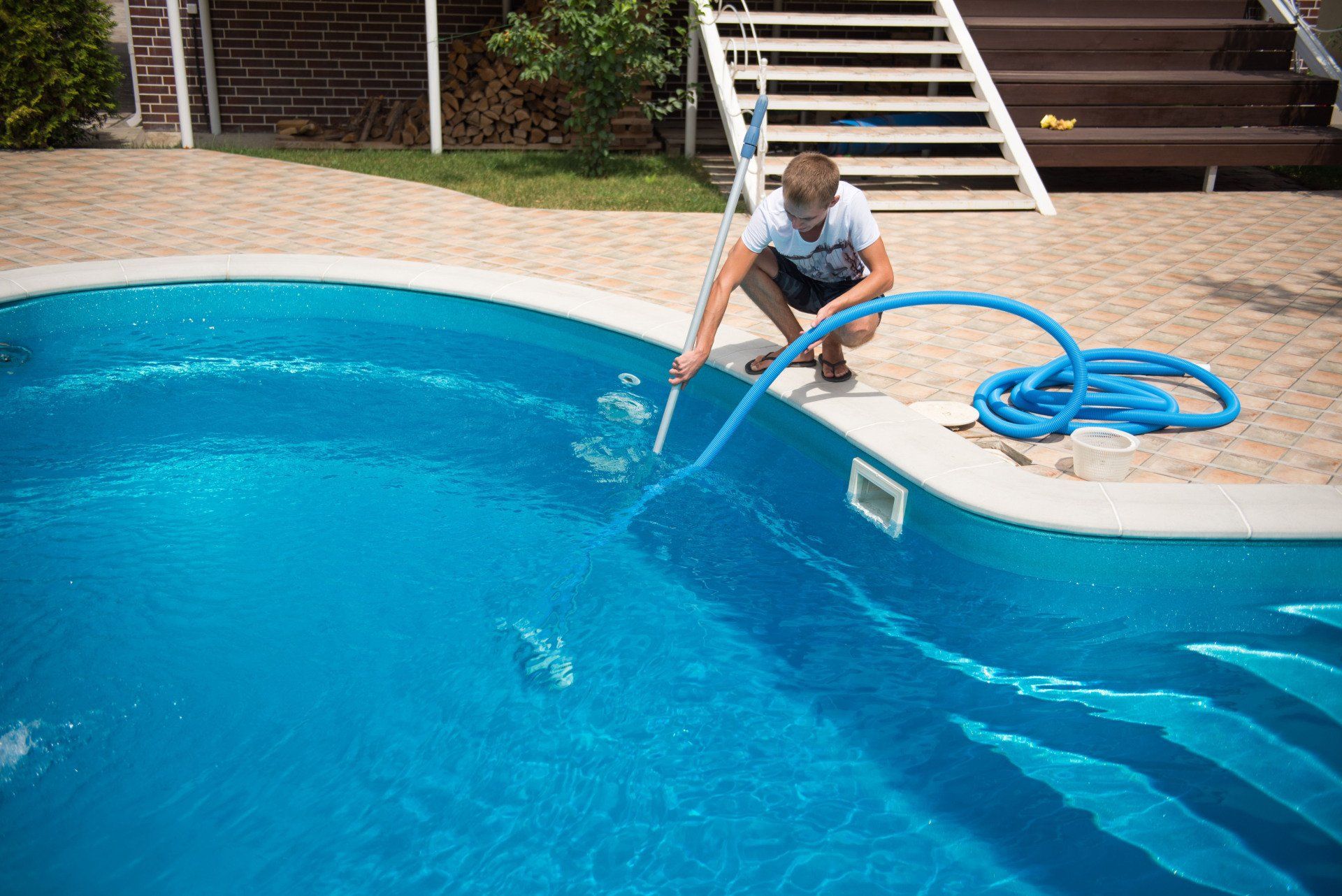
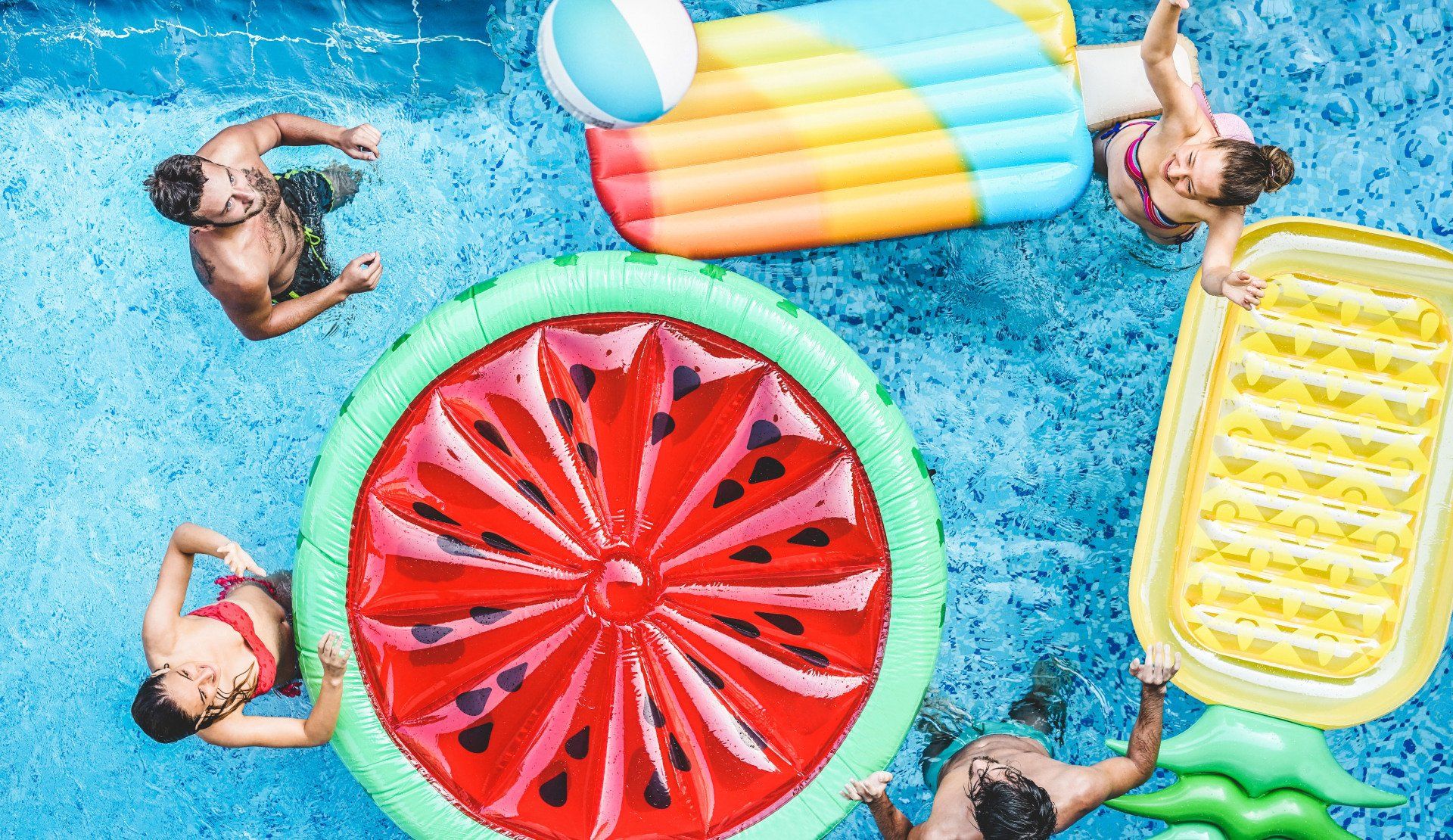

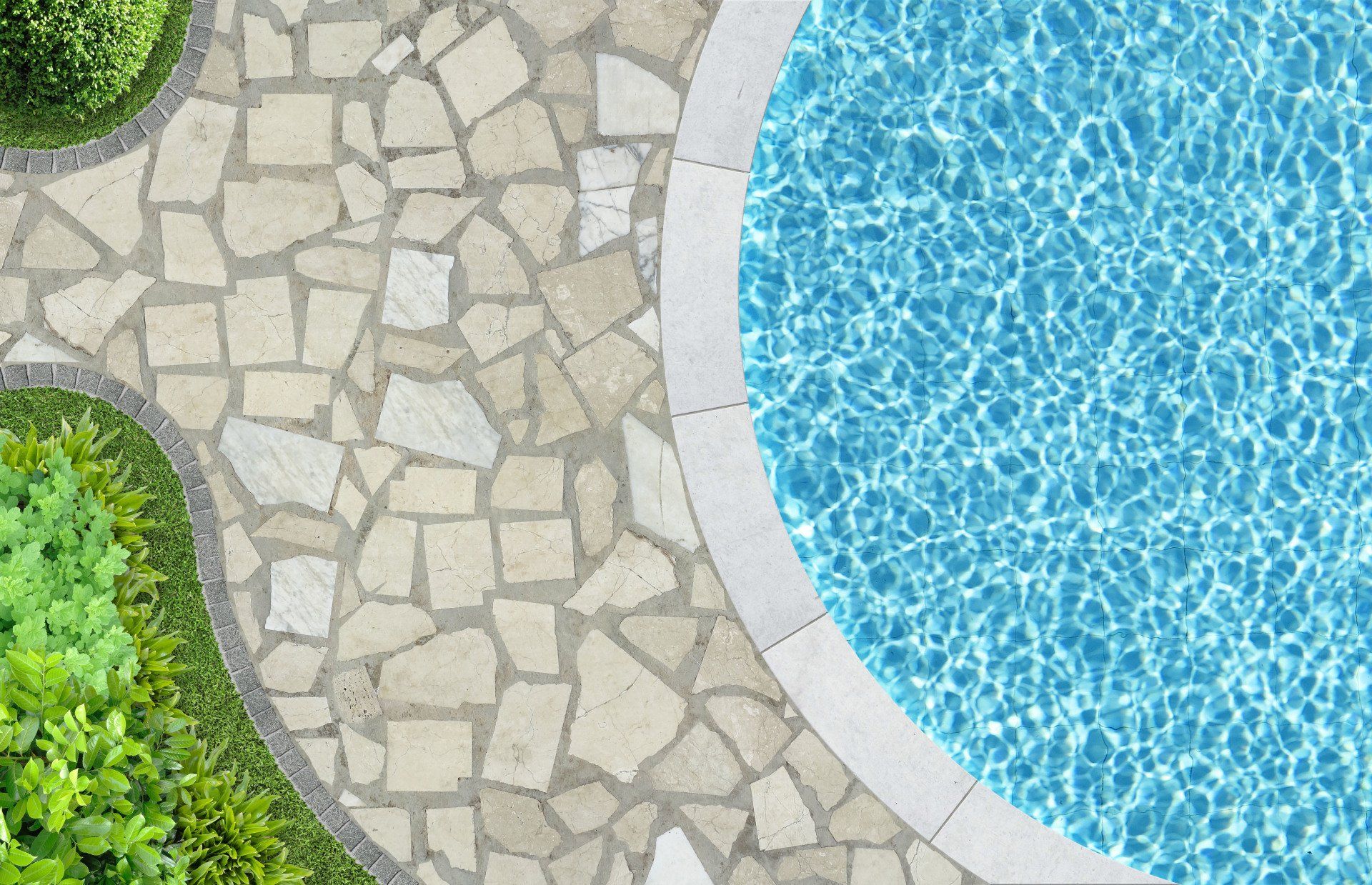
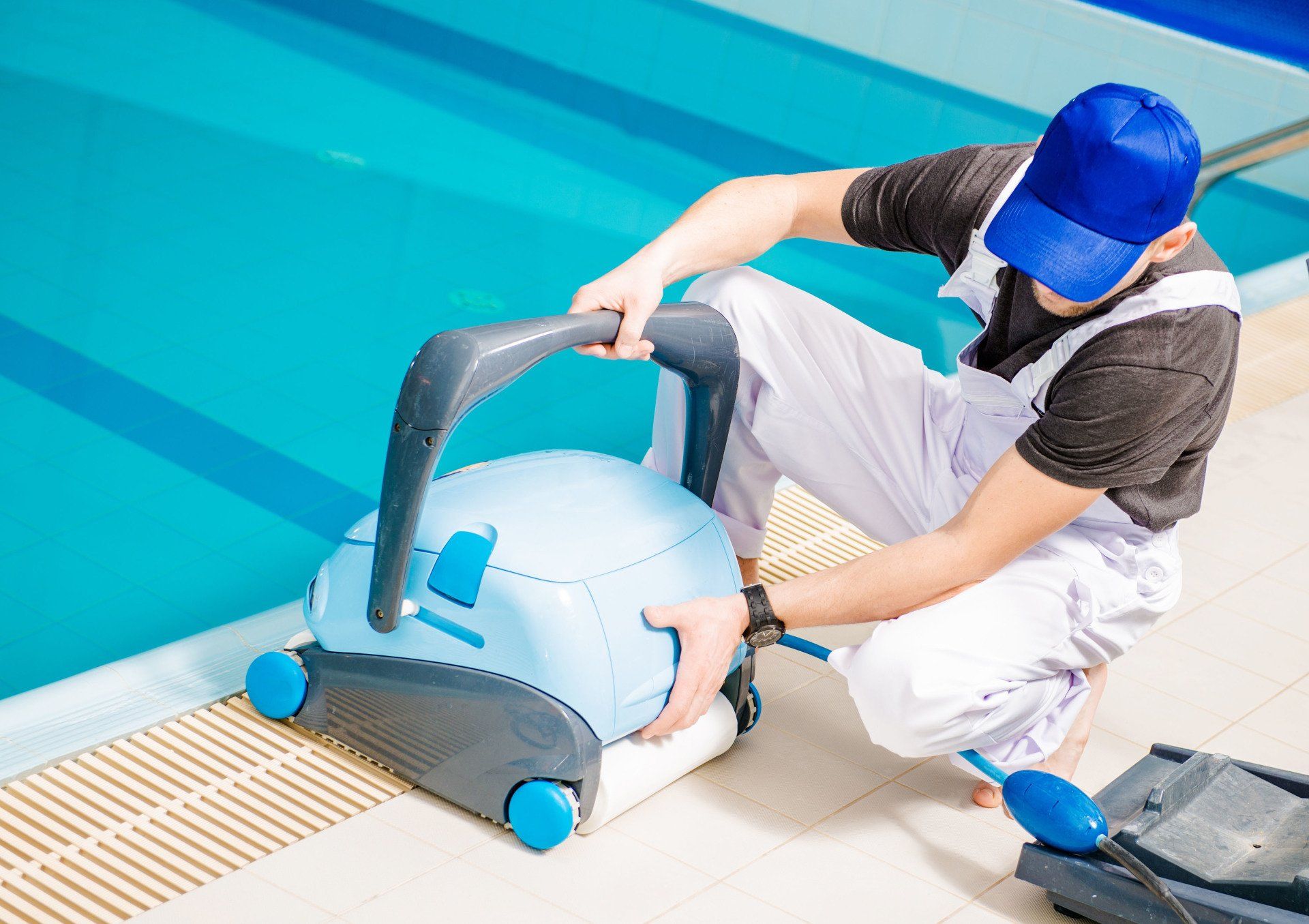

Share On: